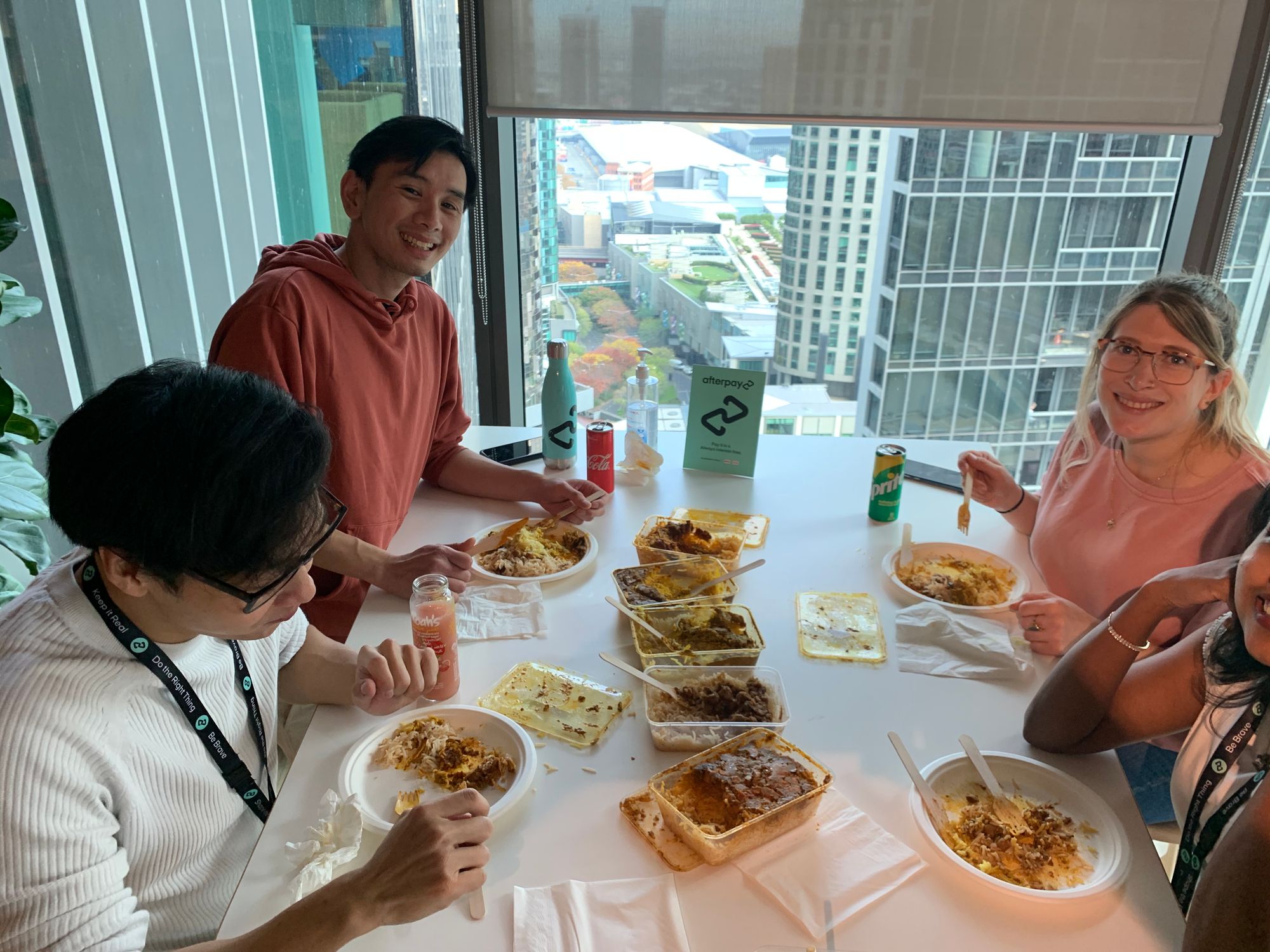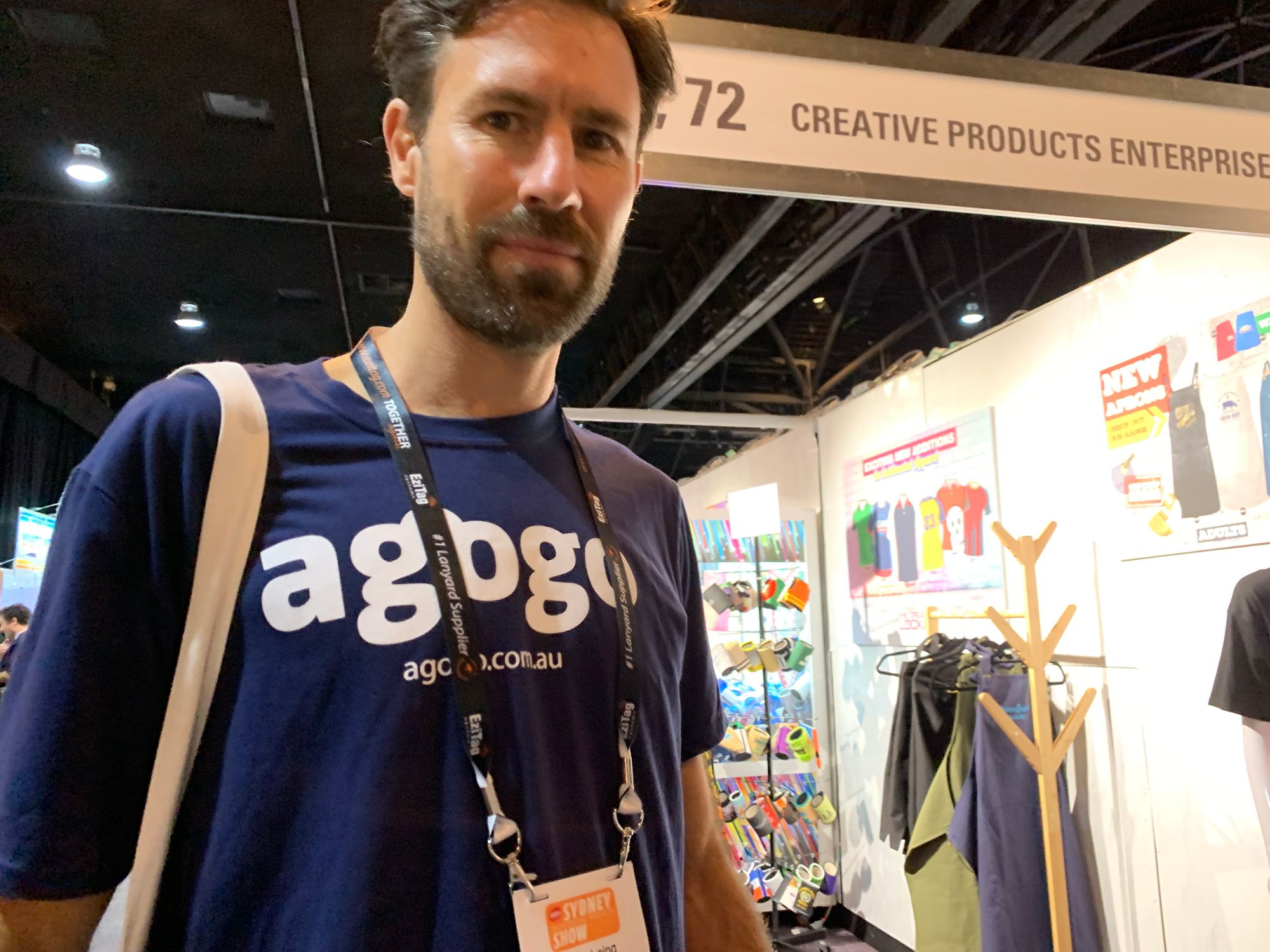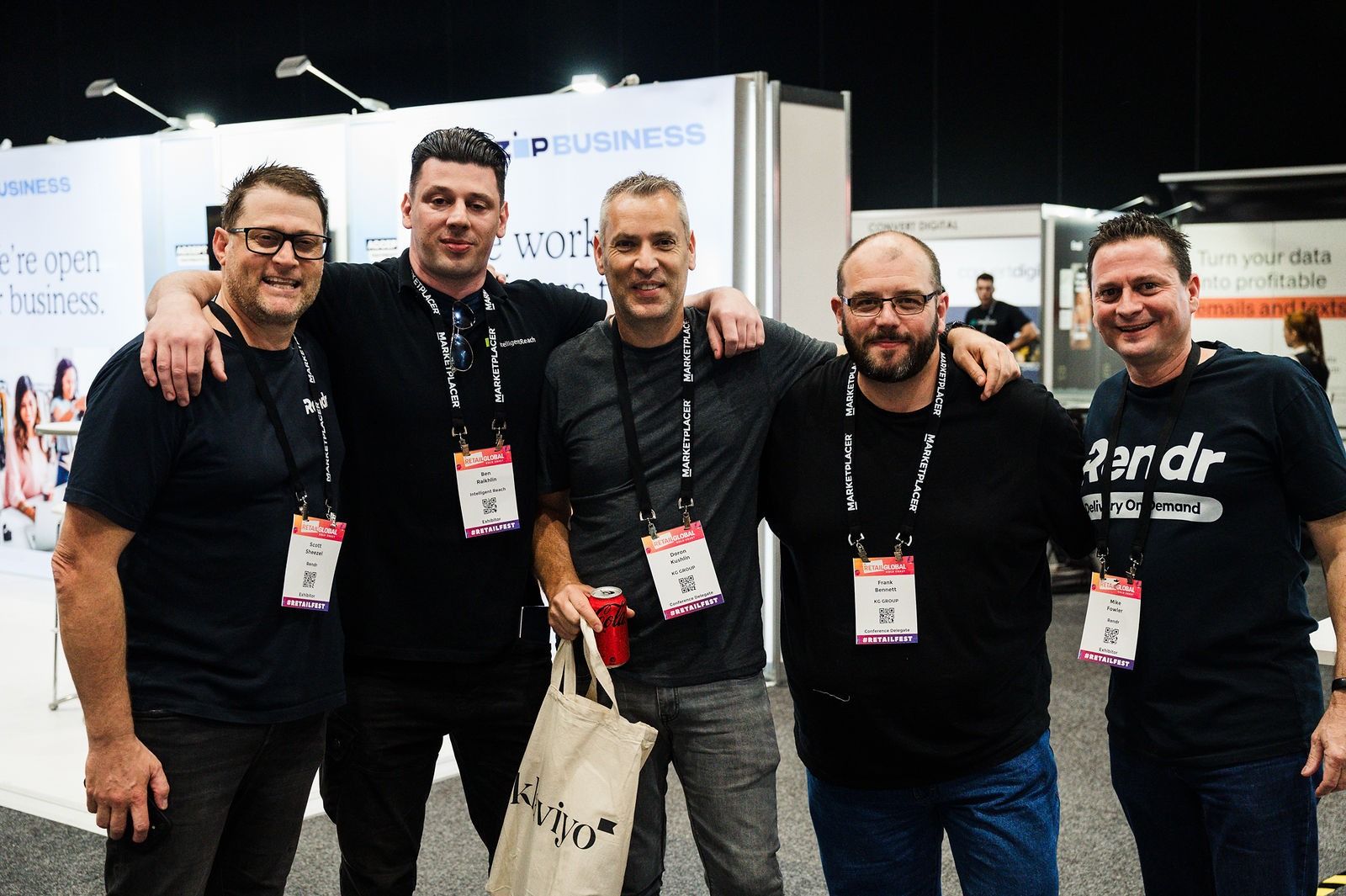Visionaries and Integrators - What's the difference?
A visionary needs unstructured time. Time to think and dream unencumbered by the weight of the day to day. Their juices are idea driven. An integrator's juices flow when a plan is deployed across functions.

Walt Disney is a global icon. An inveterate visionary. The Walt Disney Company is one of his many legacies. But it wasn't Walt on his own. His brother Roy was beside him nearly every step of the way.
In fact, Walt may not have achieved this success without the help of his older brother. The Disney brothers had a necessary partnership. Visionary Walt and Integrator Roy. Walt created the imaginative ideas and Roy brought the operational wisdom. This relationship allowed them to achieve success that neither could have achieved on their own.

This dynamic is clearly demonstrated with the pioneering imagination of Walt. Walt was insanely creative and unwavering. He developed Mickey Mouse in 1928. He then introduced synchronised sound, full-colour three-strip Technicolor, and feature-length cartoons. He was a pioneer. But, he knew very little about business.
“If it hadn't been for my big brother, I swear I'd have been in jail several times for check bouncing.” - Walt Disney
The Disney Company needed business acumen as much as it needed Walt's vision. This relationship is quite normalised in many game changing business models. Like Henry Ford and James Couzens at the Ford Motor Company or Ray Krok and Fred Turner at McDonald's. In modern times, we have Steve Jobs and Steve Wozniak creating Apple and Jim McKelvey and Jack Dorsey founding Square or Larry Page and Sergey Brin at Google.
In near all of these cases, the end result of a visionary "Innovation Stack" to paraphrase Jim McKelvy, may not have been possible without the visionary and integrator - the dynamic duo.
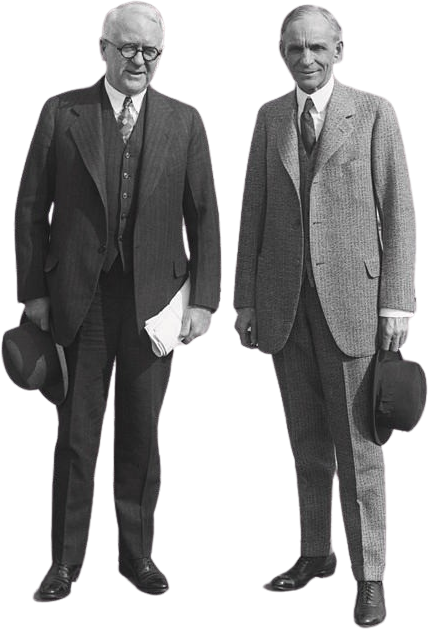
So what's the difference and why does it matter?
"Only 8% of Leaders Are Good at Both Strategy and Execution" - Paul Leinwand, Cesare Mainardi, Art Kleiner (Harvard Business Review)
A visionary is an individual who has a vision, an idea or solution to a problem. An Integrator is someone who takes the visionary’s idea and makes it a reality. The magic comes when you bring the two together and you get ... you guessed it, Rocket Fuel.
These concepts were enlightening to me when I read Gino Wickman's book, Rocket Fuel having always thought of myself as an entrepreneurial visionary. After a few chapters I knew I was the ops guy. When I think back across multiple successes, I now realise that it wasn't the idea that made them a success. It was the execution of recognised opportunities. Exploiting or leveraging an opportunity isn't necessarily entrepreneurial - in my case it was copying something when I believed there was a better way.
90% of companies fail to execute their strategic plans, they’re either missing an integrator or the visionary and integrator aren’t aligned. We think of founders as CEOs like Elon Musk, Bill Gates or Mark Zuckerberg. But rarely does it work that well for a business. The question isn't merely suitability. Even Mark Zuckerberg had Sheryl Sandberg as COO.
A visionary needs unstructured time. Time to think and dream and unencumbered by the weight of the day to day. Their juices are idea driven - or most often when the idea was thought up or created. An integrator's juices flow when a plan is deployed and achievement occurs across functions and a team. They're mainly excited by the result. No one is truly one or the other and almost always, they overlap.
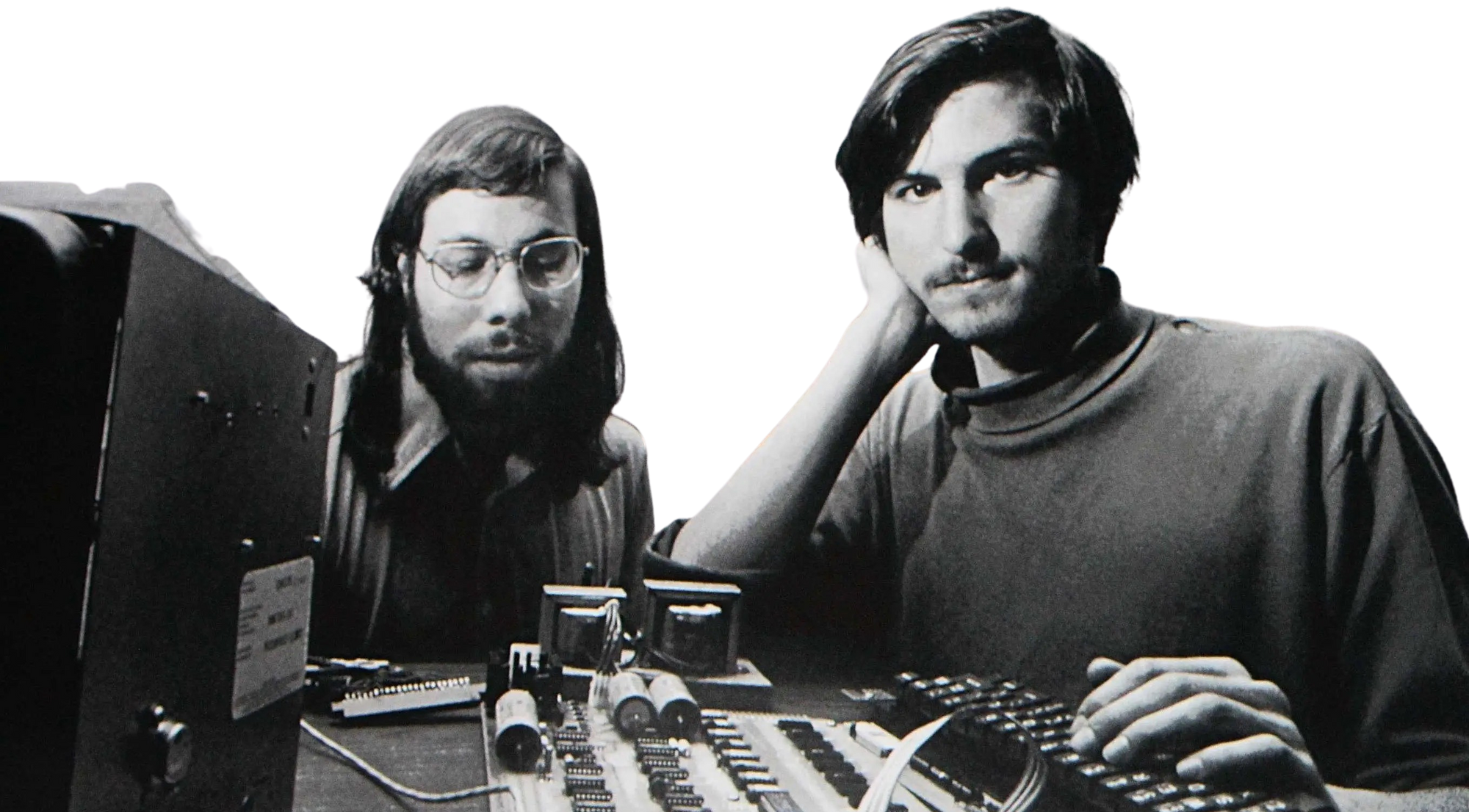
You can imagine this dynamic as a dance. But you need complete trust and radical candor. You must be open and honest and mutually accountable. Often, when a founder brings in a CEO or even a COO, they are solving a burn out or happiness problem. This is because their days are now riddled with meetings and people issues. The complete opposite to how they started out as an idea person.
It isn't even about hiring for skills. It's more about hiring or firing oneself in the case of a maturing CEO - for happiness. Let someone else do the dirty work if that's what they enjoy or you do not. In my work life, I've been fortunate to play both roles and it's made me much more organisationally aware.
Success at transforming nine iconic Australian fashion brands into department stores may never have been possible without the visionary and integrator partnership that I had with Nicolette Bannister or across multiple t-shirt companies I led with my trusty art director, screen printer and mate, Tom Spicer. At Afterpay, I thoroughly enjoyed frequent brainstorming sessions across often complex and very abstract ideas with Yenda Stahr executed by our team, Team GSD.
I'm thoroughly encamped in the integrator role whether it be as CEO or COO. The ideas are just as exhilarating and often I get them in the shower. But what gets me up in the morning rearing to get started - is definitely the plan.
The Best Business Partner Duos of All Time [link]
- William Procter and James Gamble: Procter & Gamble
- Henry Wells and William G. Fargo: Wells Fargo
- John D. Rockefeller and Henry Flagler: Standard Oil
- Orville and Wilbur Wright: Curtiss-Wright
- Bill Hewlett and Dave Packard: HP
- Ben Cohen and Jerry Greenfield: Ben & Jerry’s
- Bill Gates and Paul Allen: Microsoft
- Warren Buffett and Charlie Munger: Berkshire Hathaway
- Steve Jobs and Steve Wozniak: Apple Inc.
- Larry Page and Sergey Brin: Google
- Pierre Omidyar and Jeffrey Skoll: eBay
- Gordon Moore and Bob Noyce: Intel
- Jerry Yang and David Filo: Yahoo
- Michael Eisner and Frank Wells: Disney
About Mike Fowler
Mike is an eCommerce veteran, senior leader & growth strategist for some of Australia's best retailers. Formerly at Afterpay as Director of Merchant Services APAC, General Manager and founder of the growth team at Mosaic Brands (Noni B Group) developing and launching 9 iconic multi-category online marketplaces, including: Noni B, Rockmans, Millers, and Rivers, as well as Head of Digital at Blue Illusion. Member of the Australia Post Customer Advisory Group with more than 15 years experience in helping retailers leverage eCommerce, CX, payments, & logistics opportunities to maximise growth.
